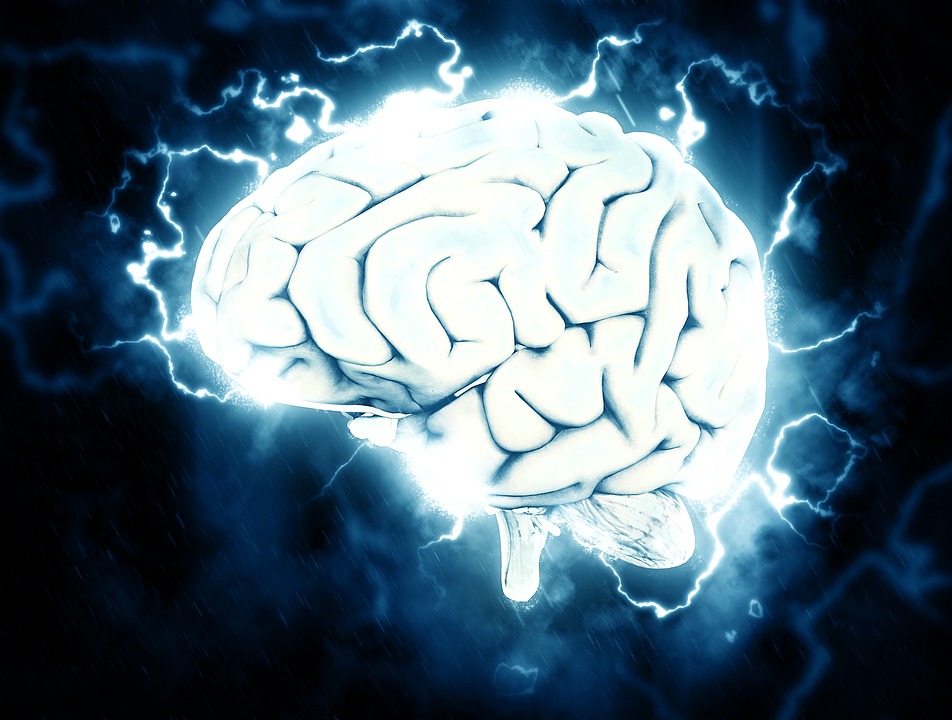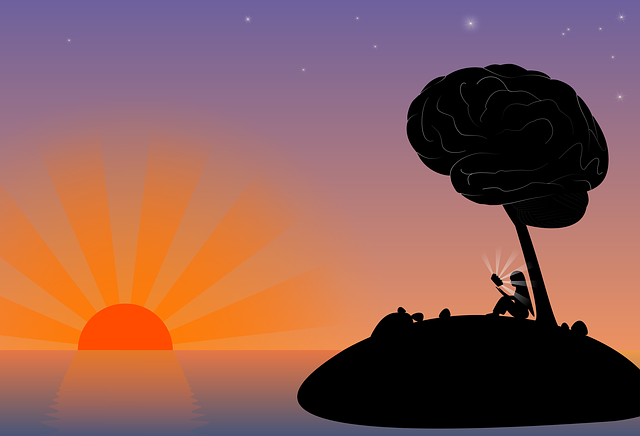What are your plans for 2021? Did you know: the story you tell yourself about 2020 can determine your choices?
Any new year is a time for reflection. This year more than most. With all the loss, trauma, and stress 2020 has brought us, many people are saying they can’t wait to forget the year and move on. Absolutely! I’d love to smile again as I did pre-2020, engage with others as freely, and be my usual optimistic self.
But while we’re still living with the utter grief and misery caused by the past year, how can we forget or move on? We’re still here, living with a virus that doesn’t care about calendars.
At the same time, there has to be some way to make 2021 better. And since the new year offers an opportunity to reflect, one option is to start with our memories. What do you remember about 2020 and are you sure that’s what you want or need to remember?
Because memory can be a choice. When it comes to recollecting personal experiences, our memories are not designed to be accurate recordings of events. In fact, our brains rarely recall every detail of an experience, and instead focus on central aspects, then use preexisting knowledge such as semantic memory or facts, beliefs or biases, to fill in gaps and piece things together. This process means our memories are unreliable and error-prone, and easily deteriorate.
In a 2000 study called ‘The Altering of Reported Experiences’, researchers interviewed a group 14-year-olds with a list of autobiographical questions, then repeated the same interview when the subjects were aged 48. The accuracy of their memory was generally no better than chance! (Offer, et al., Journal of the American Academy of Child & Adolescent Psychiatry, 2000)
We can, however, improve our recollection of personal experiences by associating those experiences with place, emotion or story.
Place
Do you remember where you were when you realised the 2020 pandemic was going to be a big problem? For me, I was at the supermarket grocery shopping and, wandering around entirely emptied fresh food fridges, I couldn’t in that moment think how I would feed my children that week. Of course I got creative.
According to scientists, there seem to be cells in the brain’s hippocampus (our learning and memory centre) particularly responsive to time and place.
Emotion
The more intense the emotion, the stronger our memory. This is why momentous occasions stand out in our minds and seem to define us. What was your most miserable experience of 2020? What was your most joyous experience? Your emotions will make experiences easier to recall and more vivid.
This is because when we have an emotional experience, the brain’s amygdala (our emotional centre) up-regulates our hippocampus (learning centre) and allows it to form a more detailed memory.
Story
Finally, memory is strengthened by story. Our brains pay closer attention to information when presented in the form of a narrative. The more we can associate things we want to remember with the familiar structure of a story, the easier we’re likely to remember them.
In a 1969 study called ‘Narrative Stories as Mediators for Serial Learning’, researchers asked participants to memorise 12 lists of ten nouns. Half of the participants were instructed to use rehearsal to memorise, and they remembered 13% of the words. The other half were instructed to weave the nouns into stories of their own invention, and remembered 93%. (Bower & Clark, Psychonomic Science 1969)
Imagining 2021
Our memory system is flexible and impressionable in this way because it’s not the accurate recollection of past experiences that matters most – it’s using what we can learn from experiences to benefit our future. Should we return to a situation where something emotionally significant happened? If so, what preparations can we make to overcome any likely obstacles and ensure our survival? Using our past to imagine our future can enable beneficial decision-making, which is why the same brain networks are involved in both memory and imagination. In a brain scanner, participants remembering past experiences and imagining future possibilities trigger the same networks. The past can be a roadmap for the future.
So, moving into 2021, perhaps we can use 2020 to think about what we need to know to survive the year ahead, and how we want to improve our lives. Now might not be the time to forget and heal, but to analyse and reframe. For every 2020 negative we want to avoid, is there a positive we’d like to repeat – if so, how can we make that happen?
Can we put 2020 into perspective by telling ourselves an emotionally balanced narrative that accurately reflects the year’s ups and downs and thereby enables us to make beneficial changes every step we take into 2021?
Hopefully we can, before the few accurate memories we have deteriorate altogether!









Great advice Zena! I’m currently in the process of writing my memoir! More grist for the mill …
Fantastic news, Anne! Enjoy the journey! 🙂
Hi Zena
That’s spot on! Lots to think about, and writing about it is not only therapeutic, it has so many other possibilities, as you suggested.
All the best for 2021. Rose
Thanks Rose! All the best to you too 🙂